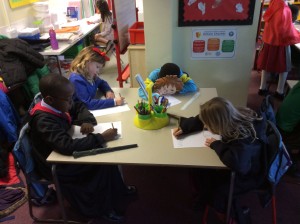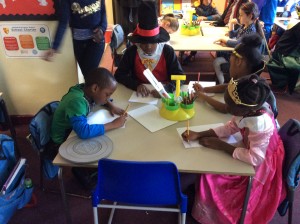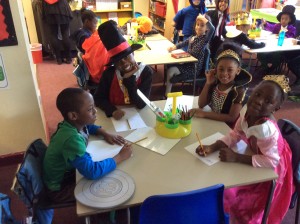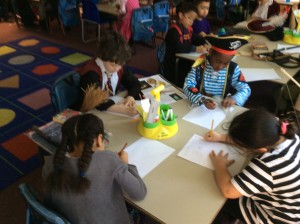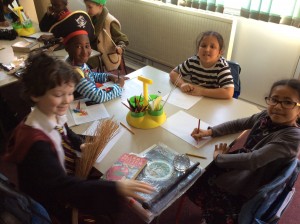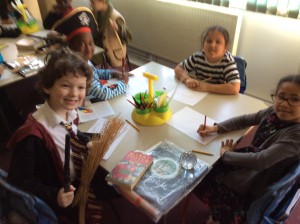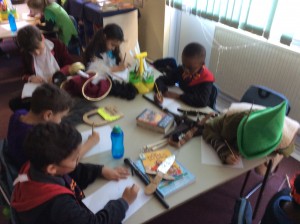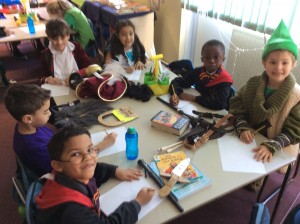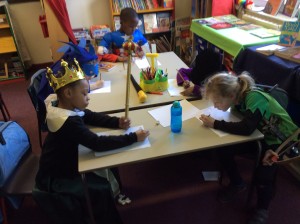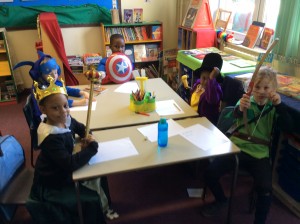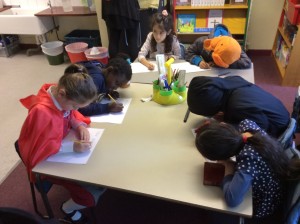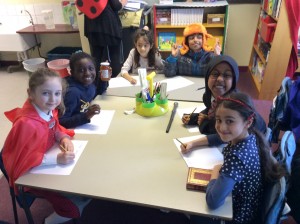The Seaside
Lots of people really enjoy spending time at the seaside. If you’re one of those people then you’re in luck as Class 2 will be studying the seaside as their Geography topic during the Su1 half-term.
If you have ever visited the seaside, you can share your experiences and you can even bring in some photos or objects you collected on your visit.
When thinking about the seaside, try to answer these questions.
What things did you see at the seaside that you don’t anywhere else?
Why do people usually visit the seaside?
What activities do people normally do at the seaside?
What jobs do people have at the seaside?
In Literacy, we will be studying Dear Greenpeace by Simon James to think further about the seaside.

